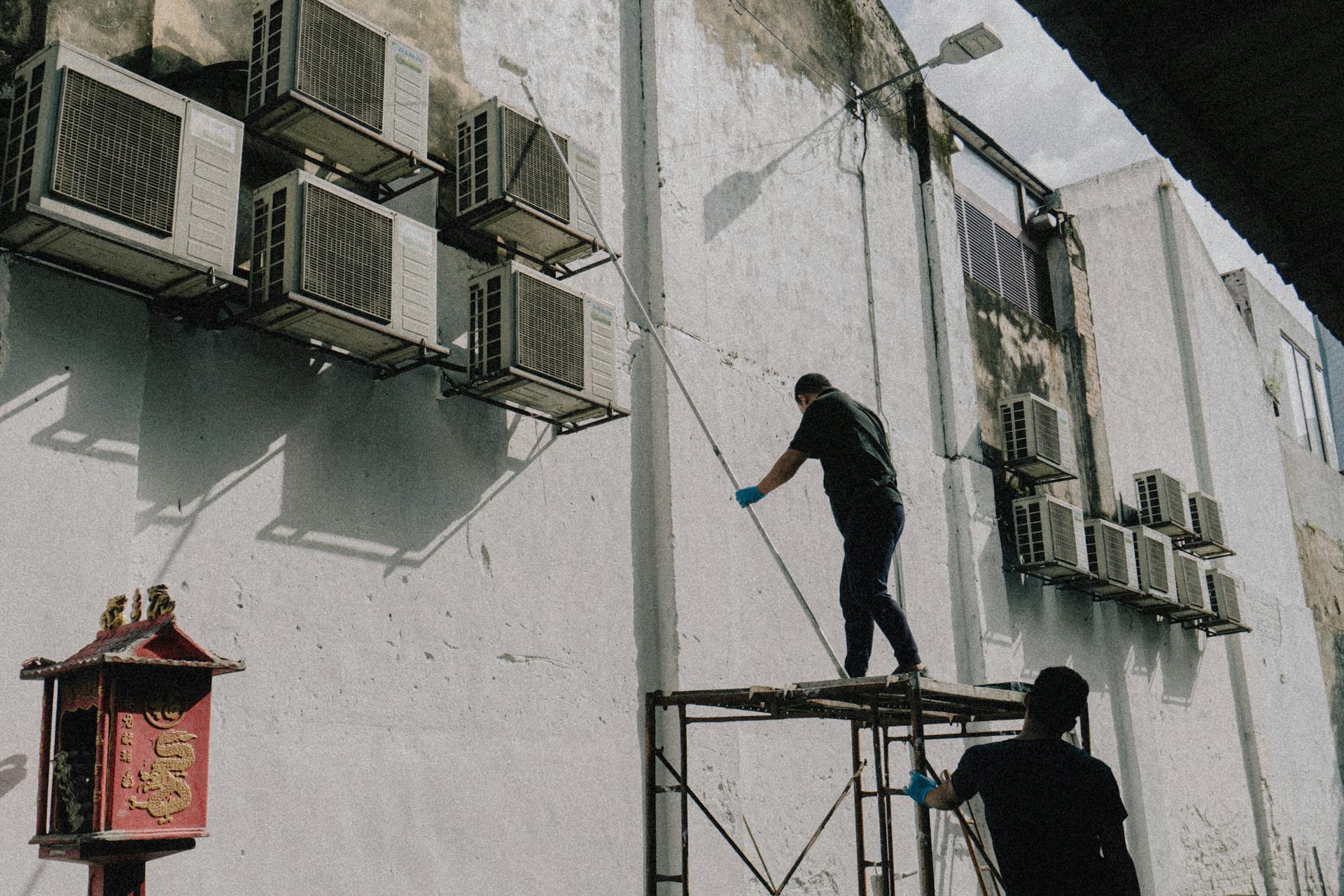Many options are available for heating and cooling your home. From traditional HVAC systems to newer technologies like geothermal heat pumps, deciding which is the best choice can be overwhelming.
This team of professional technicians at Anderson Air has extensive expertise and knowledge in installing and servicing geothermal heat pumps, ensuring you always receive top-quality service. They also carry the best HVAC systems suitable for Northwest Arkansas’ varying seasons, providing peace of mind all year round.
This article will discuss why geothermal heat pumps may be better for your home than traditional HVAC systems.
How do geothermal heat pumps work?
Geothermal heat pumps use the constant temperature of the ground below the surface as a source of heating and cooling for your home. This is achieved by circulating a mixture of water and antifreeze through underground pipes, called a loop system.
During the winter months, the heat from the ground is extracted and transferred to your home, providing warmth. In the summer, this process reverses, and the heat from your home is transferred back into the ground, providing cooling.
Efficiency and cost savings
A key benefit of geothermal heat pumps over traditional HVAC systems is their efficiency. Because they harness renewable energy sources (the constant temperature of the ground), they require less electricity than traditional systems that rely on electricity or natural gas.
This results in substantial savings on homeowners’ monthly utility bills. In fact, the U.S. Department of Energy projects that geothermal heat pumps can save homeowners 30-60% on their heating and 20-50% on their cooling costs each year.
Environmental impact
Another significant advantage of geothermal heat pumps is their minimal environmental impact. Unlike traditional HVAC systems that release harmful emissions into the atmosphere, geothermal heat pumps use clean energy from the ground. This helps lower your carbon footprint and promotes a healthier environment.
Durability and longevity
Compared to traditional HVAC systems, geothermal heat pumps are recognized for their durability and long lifespan. While traditional systems typically last around 15 years, geothermal heat pumps usually last around 25 years on average. Most of their components are underground, protected from harsh weather conditions and wear and tear.
Consistent comfort
Traditional HVAC systems can struggle to maintain consistent temperatures throughout a home, resulting in hot or cold spots. Geothermal heat pumps provide even heating and cooling because they use constant ground temperature as their source. This means no more constantly adjusting the thermostat, providing consistent comfort throughout your home.
Low maintenance
Maintenance for geothermal heat pumps is minimal compared to traditional HVAC systems. With most of its components located underground, there is less exposure to outdoor elements that could cause damage. Regular maintenance only involves checking the loop system’s pressure and ensuring the heat pump runs efficiently. This can save homeowners time and money in the long run.
Conclusion
In conclusion, geothermal heat pumps offer many advantages over traditional HVAC systems, including efficiency, cost savings, environmental impact, durability and longevity, consistent comfort, and low maintenance. They are an excellent choice for homeowners looking for a more efficient and environmentally friendly way to heat and cool their homes.

